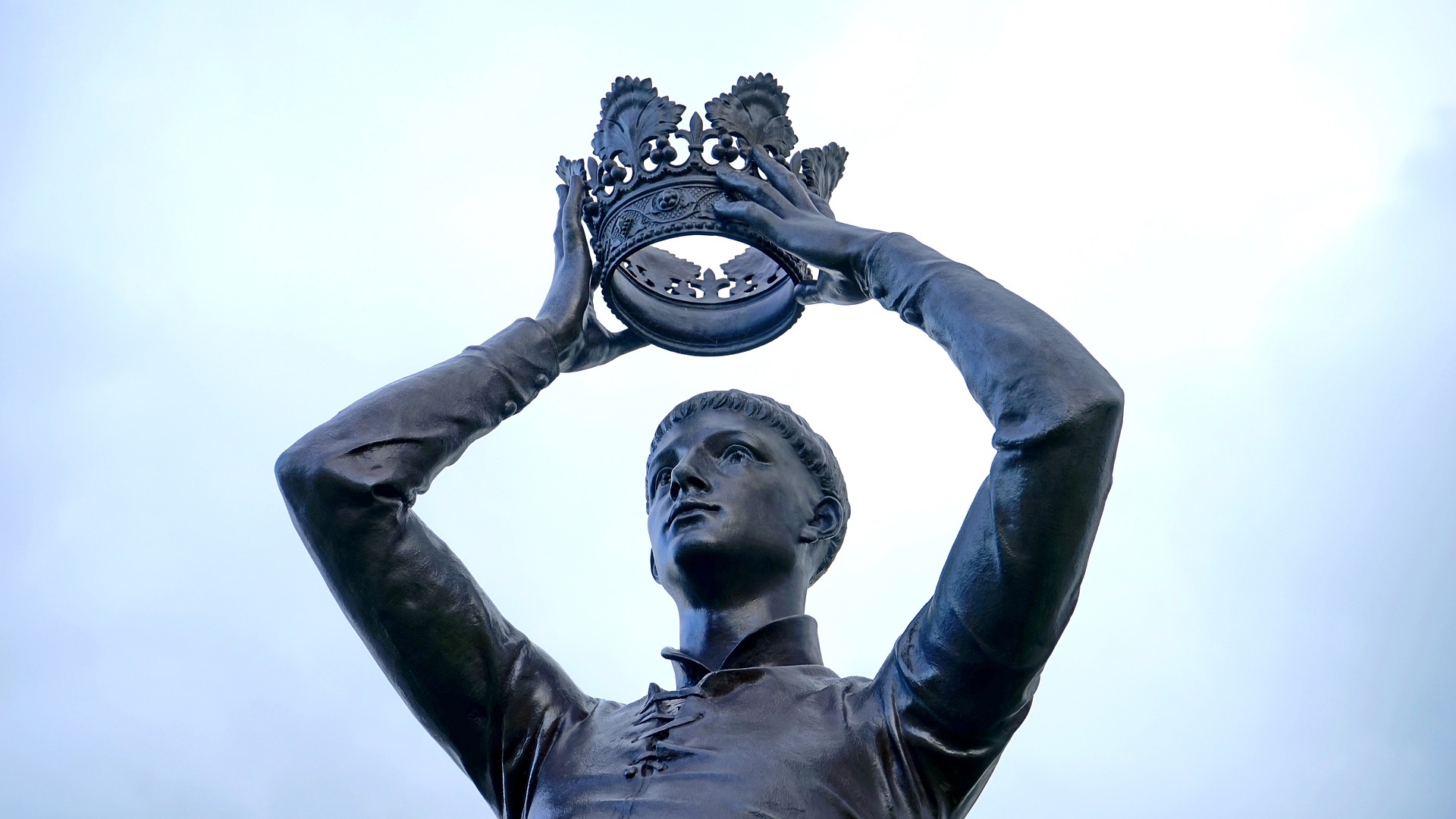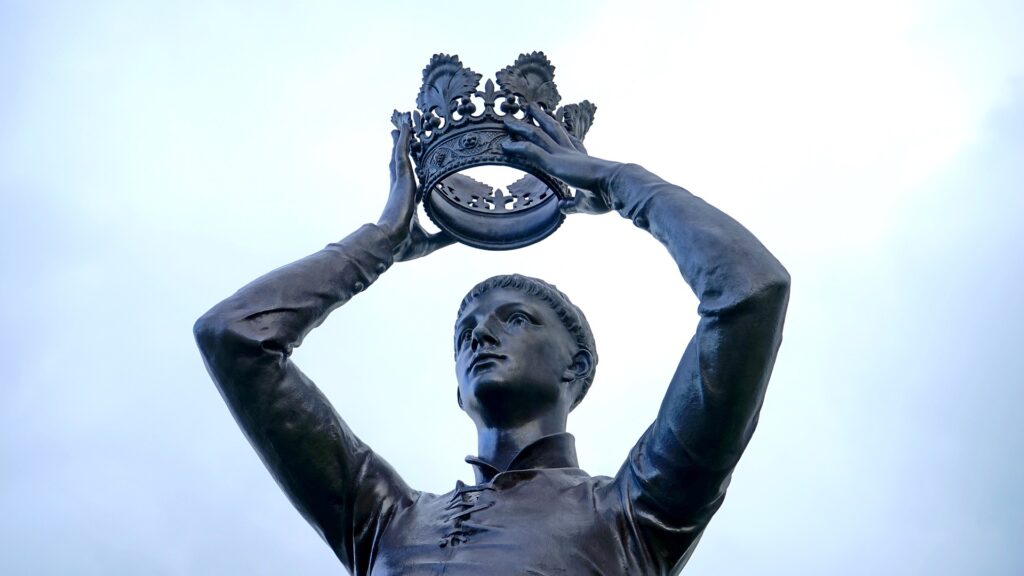Analyze the Fool’s role in King Lear. What purpose does the Fool serve in the play, and how does he provide commentary on the events unfolding?

The Fool’s Role in King Lear: A Voice of Insight and Commentary
In William Shakespeare‘s tragedy “King Lear,” the Fool occupies a significant role that goes beyond mere comic relief. As a jester and companion to the titular character, the Fool serves as a voice of insight and commentary, providing a unique perspective on the events unfolding in the play. Through his witty remarks, riddles, and songs, the Fool challenges Lear’s actions, offers wisdom, and highlights the consequences of the choices made by the characters. By examining the Fool’s role, we gain a deeper understanding of the play’s themes, the characters’ motivations, and the overall tragic nature of the story.
From the moment of his introduction, the Fool establishes himself as a loyal and astute observer of the events surrounding Lear. Although his position as a jester might suggest a lower social status, the Fool possesses a keen intellect and perceptive nature. He uses humor and wordplay to convey profound truths and provide critical commentary on the actions of the characters. Through his interactions with Lear, the Fool becomes a trusted companion and confidant, unafraid to challenge the king’s decisions and offer valuable insights.
One of the primary functions of the Fool is to serve as a truth-teller. While other characters, particularly Lear’s daughters, flatter him with false declarations of love, the Fool exposes the harsh reality of Lear’s situation. He uses irony and satire to point out the contradictions and folly in Lear’s actions, forcing him to confront his mistakes. The Fool’s role as a truth-teller allows him to speak candidly without fear of retribution, as his position as a jester grants him a level of immunity that other characters lack. This freedom enables him to provide unfiltered observations and critique, exposing the hypocrisy and flaws of those in power.
The Fool’s commentary often focuses on the themes of madness, foolishness, and the fleeting nature of power. Through his humorous yet insightful remarks, he highlights the irony of Lear’s descent into madness and the consequences of his foolish decisions. The Fool’s presence serves as a constant reminder of the tragic consequences of unchecked power and the dangers of losing touch with reality. He challenges Lear’s perception of authority and encourages him to reassess his choices, offering a voice of reason in a chaotic and irrational world.
Furthermore, the Fool serves as a moral compass in the play. He exposes the moral corruption of the characters and society at large, acting as a guide for the audience’s interpretation of events. Through his commentary, the Fool emphasizes the importance of empathy, justice, and self-awareness. He provides a moral lens through which we can understand the actions and motivations of the characters, and he encourages us to reflect on the consequences of their choices.
In addition to his insightful commentary, the Fool’s songs and riddles also contribute to the overall meaning of the play. His songs often contain hidden truths and cryptic messages that shed light on the themes and events of the play. For instance, in Act III, Scene 2, the Fool sings, “And I’ll go to bed at noon,” which symbolizes the disruption of the natural order and the chaos that ensues in the kingdom. Through his songs and riddles, the Fool engages the audience and encourages them to decipher the deeper meanings embedded within the narrative.
It is important to note that the Fool’s role extends beyond his interactions with Lear. He also provides commentary on the actions of other characters, such as Goneril and Regan, who are driven by their hunger for power. Through his remarks, the Fool exposes their treachery and moral bankruptcy, illustrating the corrupting influence of power and the consequences of their actions. The Fool’s ability to see through the façades and masks of those around him grants him a unique perspective on the events unfolding in the play.
In conclusion, the Fool’s role in “King Lear” is multi-dimensional and essential to the overall understanding of the play. He serves as a truth-teller, challenging Lear’s decisions and offering valuable insights. Through his commentary, the Fool highlights the themes of madness, foolishness, and the transience of power. His songs and riddles provide deeper layers of meaning, while his moral compass guides the audience’s interpretation of events. The Fool’s presence adds depth and complexity to the play, offering a critical perspective on the actions and motivations of the characters. Ultimately, the Fool reminds us of the consequences of unchecked power, the dangers of losing touch with reality, and the importance of moral integrity in a world driven by ambition and deceit.
*****
Read More: Questions and Answers from King Lear by William Shakespeare


